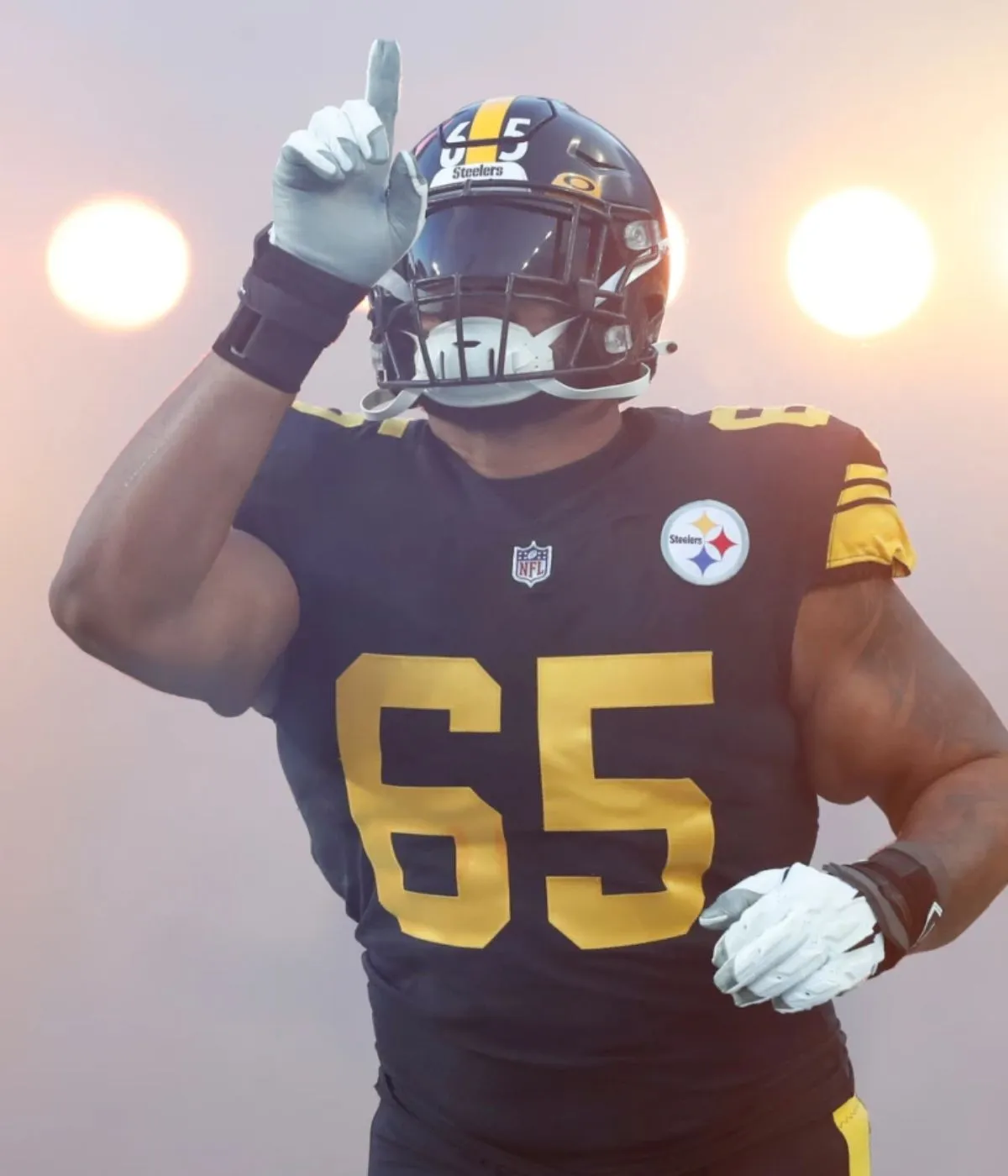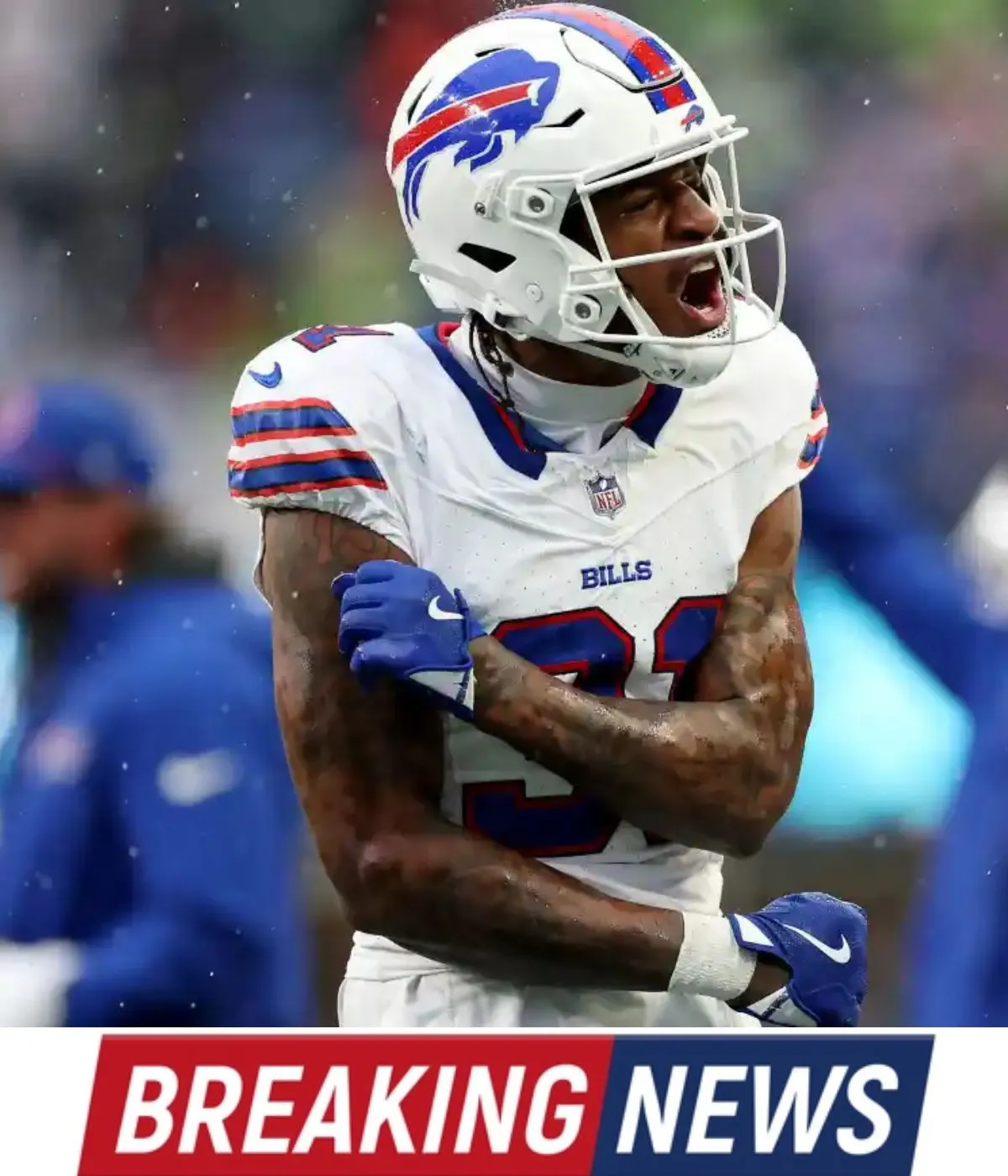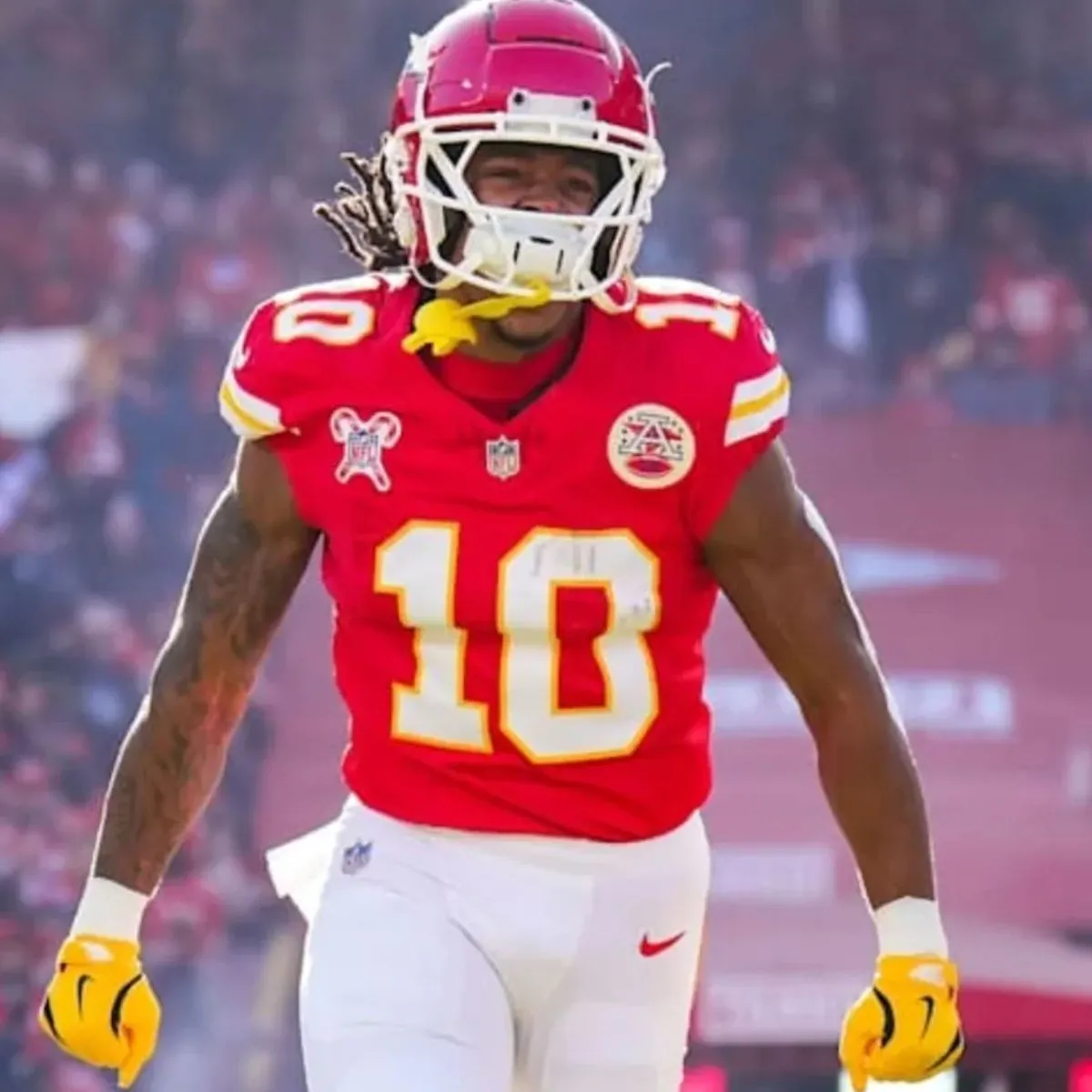In the build up to his bout at Croke Park in July 1972, ‘the Greatest’ invited Bernadette Devlin, then an outspoken MP, for dinner. The remarkable encounter remains etched in her memory, as she recounts in this extract from Dave Hannigan’s new book, The Big Fight: When Ali Conquered Ireland
In his classic work, Loser and Still Champion, Budd Schulberg opens the chapter concerning the first Ali–Frazier bout at Madison Square Garden with quotes from both fighters, from match referee Arthur Mercante, and from the then MP for Mid Ulster, Bernadette Devlin.
It says much for the level of international recognition the 24-year-old civil rights activist enjoyed in 1971 that among a crowd including Robert Redford, Dustin Hoffman, Barbara Streisand, Count Basie, Duke Ellington, Miles Davis and Frank Sinatra (moonlighting as a photographer), Schulberg felt Devlin in a ringside seat chanting, ‘Ali! … Ali! … Ali!’, was noteworthy.
As Devlin sat in the Garden that night, Americans were watching her being interviewed on a previously recorded episode of The Dick Cavett Show on ABC. That high-profile television appearance was the culmination of a month-long tour of the country in which she spoke at 38 universities, shattered lazy American preconceptions about the auld sod, and caused newspapers to dub her “the Celtic Rosa Luxembourg” and “the mini-skirted Castro”.
“I remember being castigated by the revolutionaries for going to the fight in New York,” said Bernadette McAliskey (née Devlin).
“They considered that I should have been on more serious business, not participating in these lower class-type things. I was in the city on political business but Jimmy Breslin, the newspaper columnist who I happened to know, he had got two tickets for myself and the woman I was travelling with.
“We weren’t going to pass them up, two tickets, good seats in the house to watch Ali fight.”

Read more: The world remembers ‘The Greatest’, Muhammad Ali
Fourteen months after that night in New York, somebody in the Ali camp decided she was exactly the type of person the most outspoken athlete on earth might like to meet in Dublin.
The parallels between their lives are quite striking. Ali stood up to the US government on the issue of the draft, McAliskey stood up to the British government in the battle for equality for all in Ulster. He was the youngest heavyweight champ, she was the youngest woman MP. He styled himself as the poor black boy from Louisville. In her maiden speech to the House of Commons, she declared her presence to be “the arrival of a peasant in the halls of the great”.
Read more: Tributes paid to boxing legend Muhammad Ali and Irish links
“My main recollection is of being totally overawed at being in his company,” said McAliskey. “He was just a lovely man, really sharp, really bright and witty. A very equitable sort of man.
“You know there was none of this ‘I’m the champ’ about him on a face-to-face level. It’s kind of hard to explain. He had a lot of charisma.
“People say to me, you know, you must remember things like hitting Reggie Maudling (in the House of Commons after Bloody Sunday), and I have to scratch my head, but Ali I remember vividly.
“The whole excitement, the aura of it, and people at home not believing you had tickets for it, never mind that you had sat down and eaten dinner with Ali in Dublin. I used to find that hilarious.
“None of the other famous people I met impressed my constituents at all, but they were all nearly shaking my hand after that – not because I had gone through hell for them – but because mine was the hand that had shaken the hand of Muhammad Ali.”

Read more: Former civil rights leader Bernadette McAliskey calls for Stormont to be bulldozed
Her travelling companions that Wednesday morning in July 1972 were Michael McAliskey, the man she would later marry, and his friend Frank Gervin, both of whom were deeply involved in amateur boxing with the Coalisland and Clonoe clubs in Tyrone.
“I’ve no recollection of any in-depth conversation about the north. He knew who I was but that wouldn’t have been too hard at that time. I suppose that would have been pointed out to him.
“But he was equally friendly and interested in the people who were with me, who were running small, rural boxing clubs in the north. There was no showmanship about him in private, just a lovely man, very intelligent actually and a good conversationalist. He was such good company.”



-1740579963-q80.webp)
